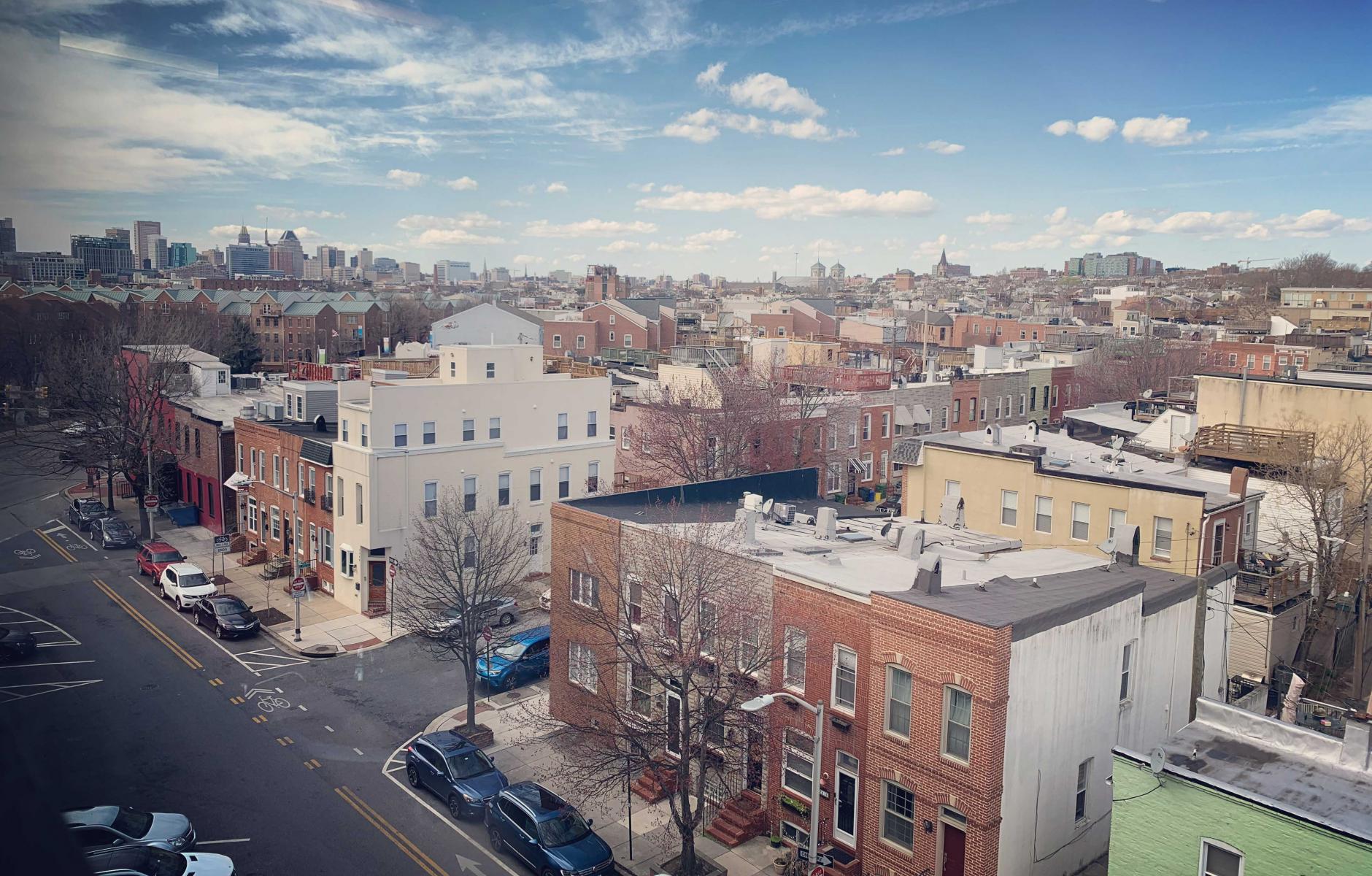
As we re-envision our cities, local governments take center stage
Since long before the current crisis, local governments have been leaders in implementing concepts that New Urbanists value: complete walkable and livable neighborhoods with ample and inclusive public spaces and community institutions for gathering, working, recreating, and socializing. Over the past two months, municipalities have been forced to adapt in real-time to the changing community needs and the expanding restrictions that social distancing requires, and in doing so, they are playing a dynamic role in the country’s response to COVID-19. Yet local governments also face uncertain futures, with revenue shortfalls arriving just as the expansion of many services is most needed.
Through CNU’s webinar series “On the Park Bench: A Public Square Conversation,” President and CEO Lynn Richards asked a cross-section of local government representatives what design and delivery challenges municipalities are facing, and how each of their cities are adapting to those challenges in innovative ways. It isn’t enough to respond to the immediate crisis; cities need to be looking toward their recovery. If they do so effectively, they can “maintain the moral authority to keep making tougher and tougher decisions,” said Kerry Hayes, Chief of Staff in Chattanooga, Tennessee, quoting Mayor Andy Berke.
One of the first, most obvious local government repercussions is that the public process can no longer operate normally—or, at times, as state constitutions require. Business-as-usual decision making depends on an in-person methodology, and as Jacob Lindsay, Director of Planning for the City of Charleston, South Carolina, suggested, the value of the conversations that take place in that format can’t be understated and won’t be replicated. Yet there are very real justice and equity questions involved with when, where, how, and for whom governmental decisions are being made—not only during this pandemic. Online platforms are not a replacement for in-person meetings, and neither type of process has yet to overcome embedded limitations of inclusion. But as cities are forced to explore new public engagement techniques, they can begin to widen the audience that their participation efforts are reaching, and these innovations must continue long past mandates for social distancing.
There are ethical considerations to adapting the physical spaces of a city or town, even for the worthy cause of accommodating additional public “open” space. Beyond ensuring that public-space decisions are inclusive, there are key access issues relating to the proximity of open space and the availability of transportation options to diverse communities that shine a light on who can, and cannot, walk or bike to daily needs, get exercise, or safely enjoy recreational activities—particularly right now. Monica Carney Holmes, Manager of the Urban Design Center for the City of Charlotte, North Carolina, noted that efforts like shared streets programs can help bridge the critical gap that may exist, in terms of equitable access to public space.
It's reasonable to feel some discomfort—even a sense of loss—over the “progress” that many cities were anticipating, prior to this massive pause in our way of life. What were laudable economic achievements or progressive plans for service provision just a few weeks ago are now distant memories for cities, as far more pressing funding and capacity needs demand a reprioritizing of budgets and work plans. City of Asheville, North Carolina, Council Member Julie Mayfield noted that immediately preceding the pandemic closures, the City was preparing to add new programs around renewables and expanded transit which are now necessarily halted. As frustrating as it is that important planning and policy priorities are on hold, those priorities will be none the less valuable on the backside of the pandemic.
We must not let the current crisis fully distract us from the future needs of our communities. Long before COVID-19, cities were contending with an epidemic of loneliness and social unsustainability, which is certainly being exacerbated by current (and necessary) directives to socially distance and shelter-at-home. As Dan Baisden, Urban Planner with the City of Fort Wayne, Indiana, pointed out, these sorts of emergencies only escalate already-growing inequalities. Nonetheless, he continued, this pandemic gives us the opportunity to solicit, and work to meet, the needs that citizens are seeing now clearly—such as repaired and abundant sidewalks, expanded technology utilities, support for vulnerable populations, affordable and better housing, and neighborhood food stores.
Through their response to these overlapping crises, cities and towns are displaying the radical (but still legal) moves of government intervention that are possible, in the interest of public health. What lessons can be learned from this? Hayes posed the additional question: how can we continue doing things that might previously have seemed radical but we now know to be fully possible, in the right way and for the right reasons? As New Urbanists, we are adept at designing and prioritizing the spaces of cities for humans to be in community with one another. This pandemic has forced a temporary halt to what we had previously come to expect from that activity; it should not steer us from our shared principles of what community, in its physical form, should employ. Our cities and towns can be better for the lessons we are learning today, as hard as they are to bear.
CNU recognizes the key role that municipal staff and elected officials will play, in the months and years to come, as our country responds to what lies in the wake of the COVID-19 pandemic. In my role as Director of Strategic Development for CNU, I’ve worked to improve and expand the support that our organization offers local governments, and that commitment has only solidified as our cities and towns have faced down these overlapping crises. CNU can and must be a resource to resource-strapped local governments through our programmatic work, our educational tools, and our networking opportunities.
For CNU28.A Virtual Gathering in June, we are preparing content and experiences specifically gauged for municipal staff and elected officials in support of the important work that they are continuing to do, as Kerry Hayes described, to engineer community. We are also making special outreach to local government staff and elected officials, who have seen budgets frozen and professional development spending curtailed in order to better address the urgent fiscal needs associated with the COVID-19 public health crisis, with additional scholarships available to local government staff and elected officials. We have also re-opened proposal submissions, seeking sessions speaking directly to the new context within which we find in our cities and towns, as a result of these current overlapping crises, and we encourage you to submit your ideas.
To local government staff and elected officials: your participation in our Congress is central to its success in any year, and especially this year, and we hope that you will gather with us. I look forward to seeing you at CNU28.
CNU is convening urbanists every Tuesday at 12 noon ET during the crisis through On the Park Bench: A Public Square Conversation. Sign up and take part in the discussion.
Note: Registration is open for CNU 28.A Virtual Gathering.





